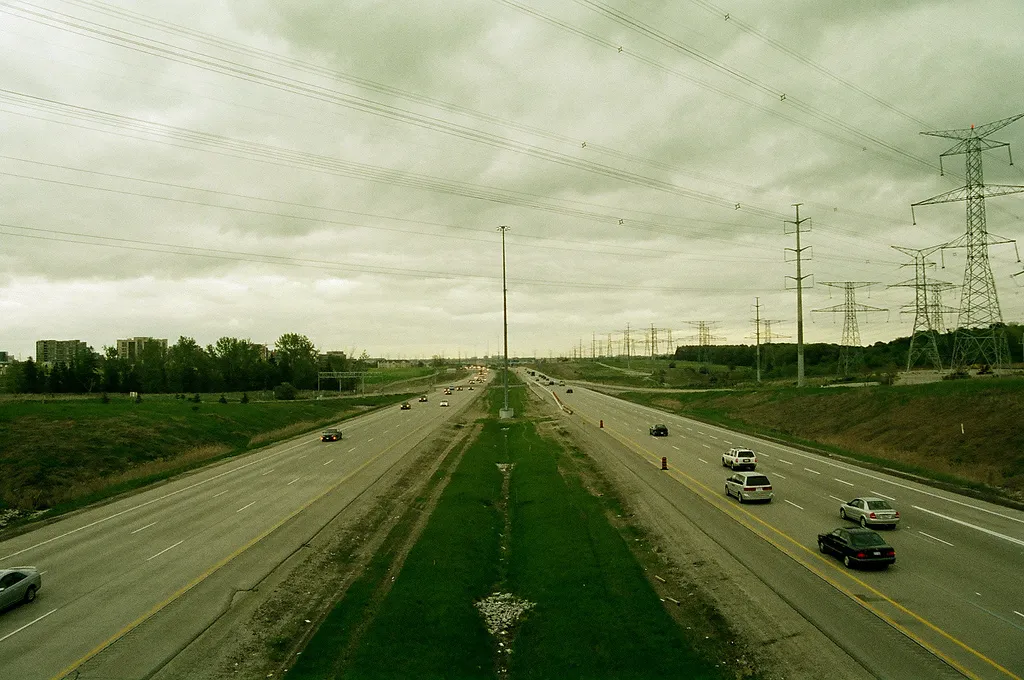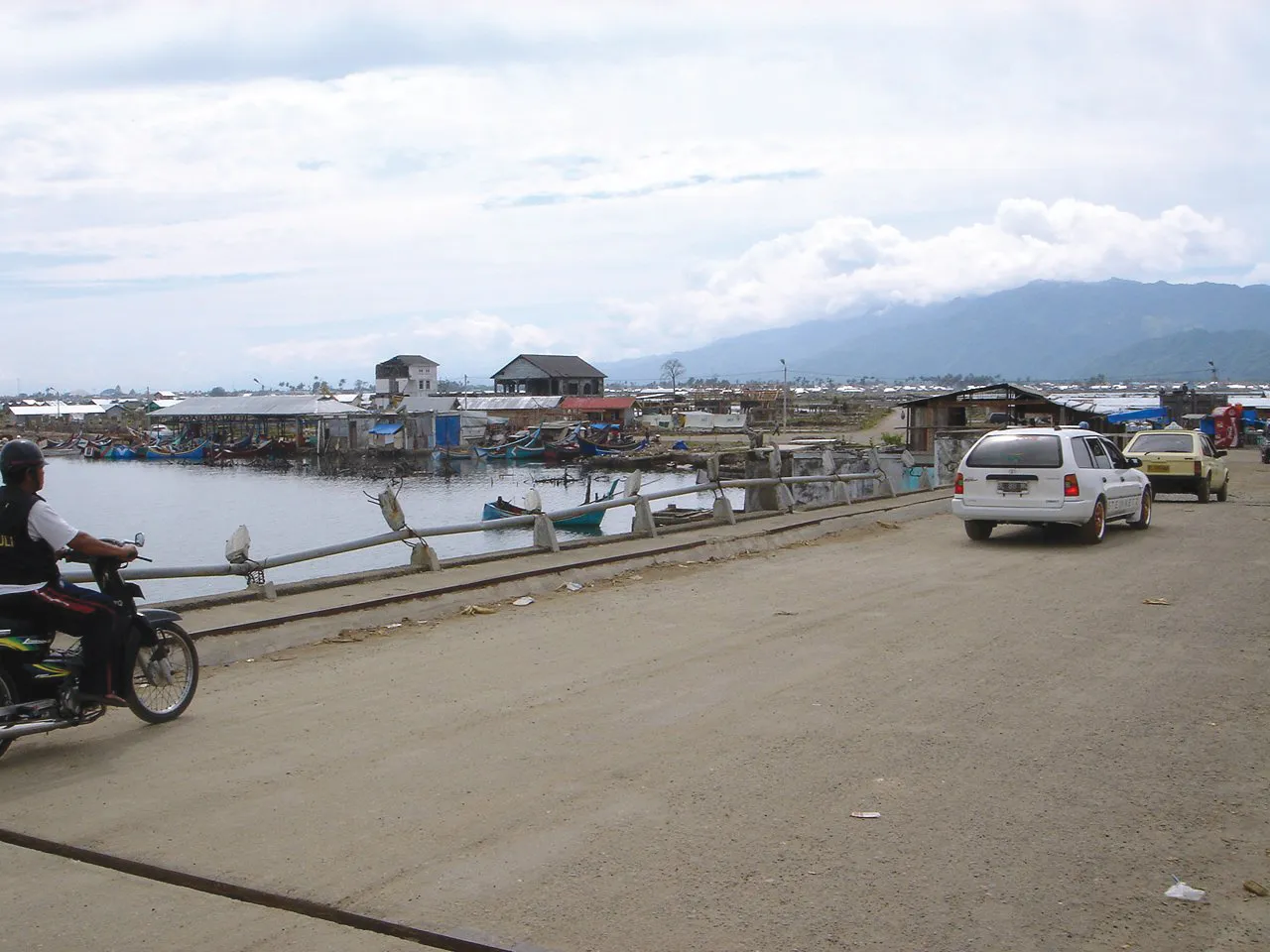A joint venture formed by SNC Lavalin and Cintra Infrastructure will handle the contract to extend Highway 407 in Canada. This US$974.4 million (C$1 billion) deal was awarded by the authorities in Ontario to a joint-venture called the 407 East Development Group General Partnership and is a partnership between Spanish firm Cintra (a subsidiary of Ferrovial) and Canadian company SNC-Lavalin of Canada. The partnership will build, design and maintain Phase 1 of the new Highway 407 East. The construction work is
May 25, 2012
Read time: 2 mins

A joint venture formed by 2482 SNC Lavalin and 930 Cintra Infrastructure will handle the contract to extend Highway 407 in Canada. This US$974.4 million (C$1 billion) deal was awarded by the authorities in Ontario to a joint-venture called the 407 East Development Group General Partnership and is a partnership between Spanish firm Cintra (a subsidiary of 2717 Ferrovial) and Canadian company SNC-Lavalin of Canada. The partnership will build, design and maintain Phase 1 of the new Highway 407 East. The construction work is expected to take 42 months, while the contract is for 30 years. The work will see the toll road extended to Clarington, Ontario. The highway will be extended 22km east to Oshawa from Pickering. Also included is a 10km link to Highway 401. Under the terms of the deal, a 43.23% stake in the concession belongs to Ferrovial while SNC-Lavalin holds 16.77% and the Canadian Pension Plan Investment Board has 40%.
Meanwhile plans are in hand in Canada for repairs to the Gardiner Expressway near Toronto over the next 10 years. The plans call for repair works worth US$147 million (C$150 million) in all. The City of Toronto in Canada will provide some $14.7 million/year (C$15 million/year) during the 10 year period. So far, around $2.94 million (C$3 million) has been spent on maintaining expressway and the spending is set to hit $9.8 million (C$10 million) for 2012. At the same time a solution is being sought with regard to concrete quality issues along the expressway. Some $980,000 (C$1 million) is being spent by the City of Toronto each year to highlight areas where there is a risk of concrete damage due to water penetration.
Meanwhile plans are in hand in Canada for repairs to the Gardiner Expressway near Toronto over the next 10 years. The plans call for repair works worth US$147 million (C$150 million) in all. The City of Toronto in Canada will provide some $14.7 million/year (C$15 million/year) during the 10 year period. So far, around $2.94 million (C$3 million) has been spent on maintaining expressway and the spending is set to hit $9.8 million (C$10 million) for 2012. At the same time a solution is being sought with regard to concrete quality issues along the expressway. Some $980,000 (C$1 million) is being spent by the City of Toronto each year to highlight areas where there is a risk of concrete damage due to water penetration.








